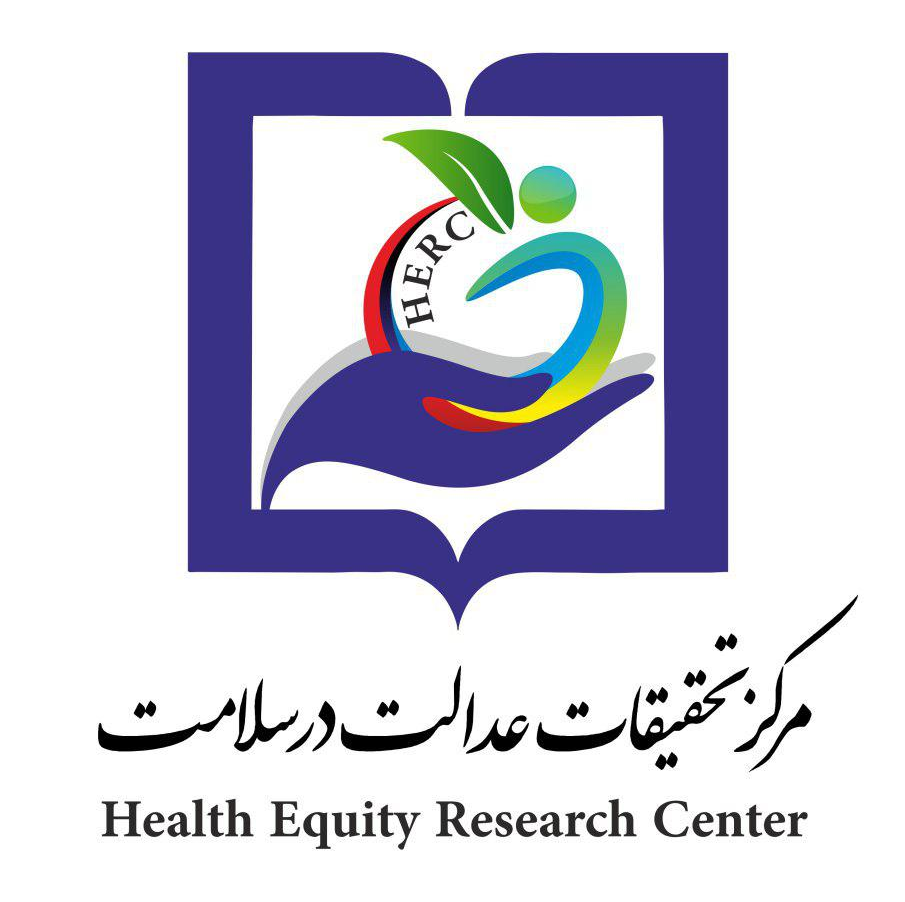Abstract
Background
Noncommunicable diseases (NCDs) are the first reason for death worldwide, in which poor diet is the leading risk factor. It is estimated that 20% of all death is related to food. The Unhealthy diet includes many foods with excessive salt, sugar and fat. This paper reports a national study on the socio-cultural determinants affecting salt, sugar and fat consumption in Iran.
Methods
This is a qualitative study. We conducted semi-structured interviews with 30 various purposefully identified key stakeholders to collect data from December 2018 until August 2019 in Iran.
Results
We identified socio-cultural determents of salt, fat and sugar consumption as follows: Inadequate structure of traditional medicine and people’s desire for traditional foods, low health literacy, the global trend of nutritional transition and its impact on Iranian society, The progressive decline of people’s trust in NGOs, and Inappropriate media management. Worse still, the global trend of nutritional transition and people’s tendency towards fast foods, unhealthy diet and junk foods, partially due to establishing children’s taste mainly with salty, high-fat and sweet foods, has jeopardized their desire to eat healthily during adulthood.
Conclusion
Reducing salt, fat and sugar consumption is problematic in Iran, mainly due to multi-dimensional socio-cultural determinants. In line with sustainable development goal (SDG) 3.4 to reduce 30% of premature death due to NCDs and related risk factors by 2030 in Iran, various stakeholders from multiple sectors need to initiate coherent series of interventions to alter people’s approach to select food so that they may reduce the consumption of foods with excessive salt, fat and sugar.



No responses yet